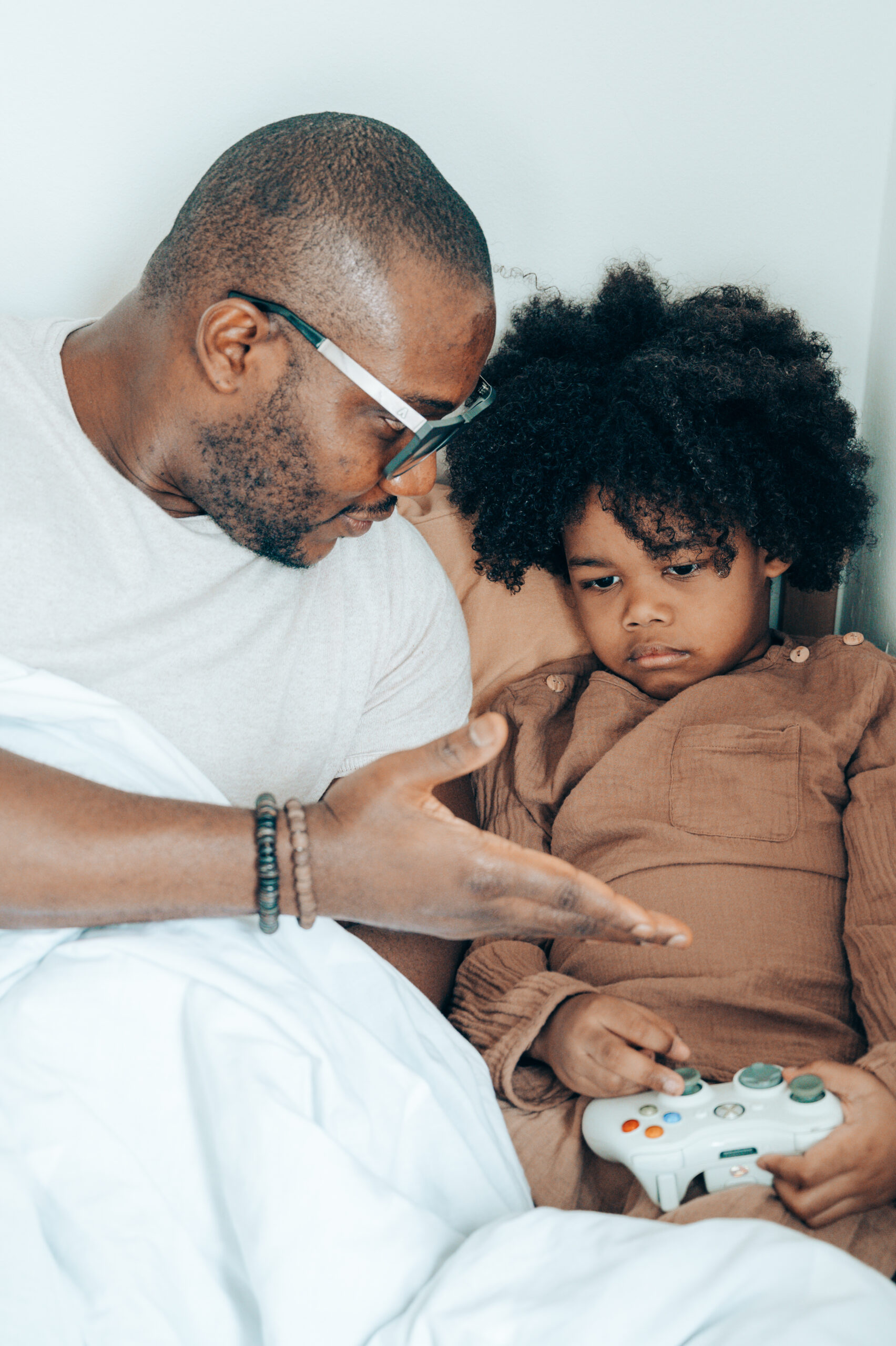Guide for Parents: How To Stop Kids From Saying Bad Words
Introduction
Hello Super Parents! Let’s admit, parenting is a rollercoaster ride full of both sweet and challenging moments. Among many challenges, there is one that is a common concern for many – how to stop kids from saying bad words. Don’t worry! We’re here to help you through it with this comprehensive guide to help you prevent your little one from indulging into that inadvertent habit of saying potentially hurtful words.
Why Do Kids Start Using Bad Words?
Before addressing how to stop kids from saying bad words, it’s important to understand why they start using them in the first place. Children are naturally curious, exploratory and are excellent imitators, this is how they learn! Sometimes, they might overhear an adult using colorful language, or they pick up the language from TV shows, peers or the internet. Often, it isn’t the case that they fully understand what those words mean but receive a reaction when they say it, which makes it exciting and thus addictive to use.
How To Stop Your Kids From Saying Bad Words: Optimal Strategies For Parents
As we step into the solutions, remember, kids are expressive beings. Balancing their freedom of expression and teaching them the appropriateness of language use can be tricky but not impossible. These strategies can be of great help!
Create An Open Dialogue
The first step in this journey is to open a dialogue with your children about the language they use. Have a heart-to-heart conversation about what words are acceptable and what words are not. Assure them that it’s okay to explore language, but there are limits to what can be said.
Set Clear Boundaries and Reinforce Consequences
It’s key to set clear boundaries in your household about which words are considered offensive or inappropriate. Consequences for crossing those boundaries should also be established. This causes children to think before they speak, helping to eliminate the use of bad words.
Knowing the root cause, plus having effective strategies in hand will put you on the path of helping your child embrace good language habits. Remember, positivity, patience, and consistency are your best friends during this learning journey. Stay tuned as we will delve deeper into each of these strategies in the upcoming sections. Cheers to your successful parenting!

Credit: Pexels
Diving Deep: Effective Strategies
Lead by Example
Parents are the first heroes for their children, and kids often imitate their behavior. Therefore, practicing what you preach is very critical. Keep your language clean and respectful, and this will indirectly inculcate the same habit in your kids.
Ignore Unintentional Usage
Not all bad word usage needs to be confronted. If your child uses it without knowing the meaning, simply ignore it. The lack of reaction sometimes deters kids from repeating the words.
Provide Alternatives
When your child uses a bad word out of frustration or anger, teach them alternative words or phrases they can use to vent their feelings. This not only helps them express themselves better but also builds their vocabulary.
Renowned Methods from Experts
Parenting experts and child psychologists have advocated certain tried and tested methods to curb the usage of bad words.
Positive Reinforcement
Praise your children when they use good language. Positive reinforcement creates a supportive environment where they feel encouraged to use suitable words.
Relatable Stories (book, movie, etc.)
Use stories or films where characters learn the value of using proper language. It allows children to understand the situation better and apply it in their lives.
Conclusion
In conclusion, if your child is using bad language, don’t panic! Remember, it’s a common parenting hurdle. With patience, open dialogue, consistent boundaries, and positive reinforcement, you’ll surely guide them towards using respectful language. And remember, every small victory counts! Happy Parenting!
Introduction
As parents, fostering an environment of respect and decency in our homes is crucial. An essential part of creating that environment is guiding our children on how to use language appropriately. Here are five handy things you should know about how to stop kids from saying bad words.
Understanding Why Children Use Bad Words
Attention Seeking
Firstly, it’s vital to understand why they utter bad words. Often, children use inappropriate language to grab attention or express difficult emotions, so it’s not always about rebellion. Our role as parents is to help them find healthier ways to voice their feelings.
Set Clear Boundaries
Be Consistent
Secondly, be clear about your home language rules and be consistent. When kids know what is expected, they are more likely to adhere to the rules. Be sure to offer positive reinforcement when they communicate respectfully.
Be a Role Model
Polite and Respectful Language
Thirdly, set a strong example. It’s important to model the appropriate language. Children tend to imitate adult behavior. If they see you using polite and respectful language, they are more likely to follow suit.
Engage Them in Positive Activities
Cultivate Good Habits
Fourthly, keep them engaged in positive activities. Enroll them in hobbies or clubs that cultivate their interests and inspire them to use positive language and behavior.
Keep Open Communication
Discuss the Dangers of Bad Language
Lastly, communicate openly with your kids. Explain to them why bad language is disrespectful and can harm their social interactions. Encourage them to discuss and ask questions about proper language use, creating a safe space for them to express any confusion or concerns.
These are the key points to help guide parents on how to stop kids from saying bad words. Remember, it’s a process, so be patient and persistent. With time, your kids will learn to express their emotions without resorting to inappropriate language.
For more great articles please see here. For more information on raising children see here
Disclaimer
The articles available via our website provide general information only and we strongly urge readers to exercise caution and conduct their own thorough research and fact-checking. The information presented should not be taken as absolute truth, and, to the maximum extent permitted by law, we will not be held liable for any inaccuracies or errors in the content. It is essential for individuals to independently verify and validate the information before making any decisions or taking any actions based on the articles.




